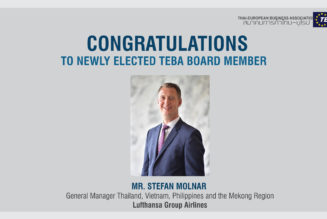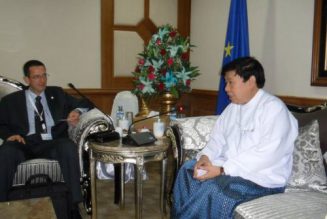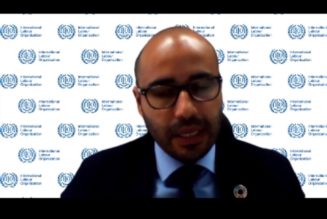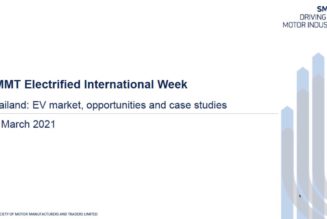This breakfast session has objectives to
– Understand the current and future demand and supply of labour market.
– create awareness of government policies from ministries and progresses in ensuring quality workforce will meet growing demand of the industrial sectors.
– discuss how public and private sector can collaborate to ensure that availability of labour workforce, qualitatively and quantitatively.
Education reform in Thailand has successfully raised educational qualifications since 1997. Subsequently, unemployment rate has declined especially those with diplomas or vocational diplomas. This has resulted in the shortage of low-skilled labour while diploma holders require industrial experience in order to enter international working environment
Human Resource Development has been a major focus by the Royal Thai Government in the country preparation for AEC 2015 to support foreseen national and regional growth and policy making are spanned across various Thai ministries. Key policies include development of adequate labour supply with permission for migrant unskilled and semi-skilled labour. While for skilled labour, Thailand is focusing on developing human resource with right competency meeting industrial requirement through syllabus upgrade and technical trainings.
